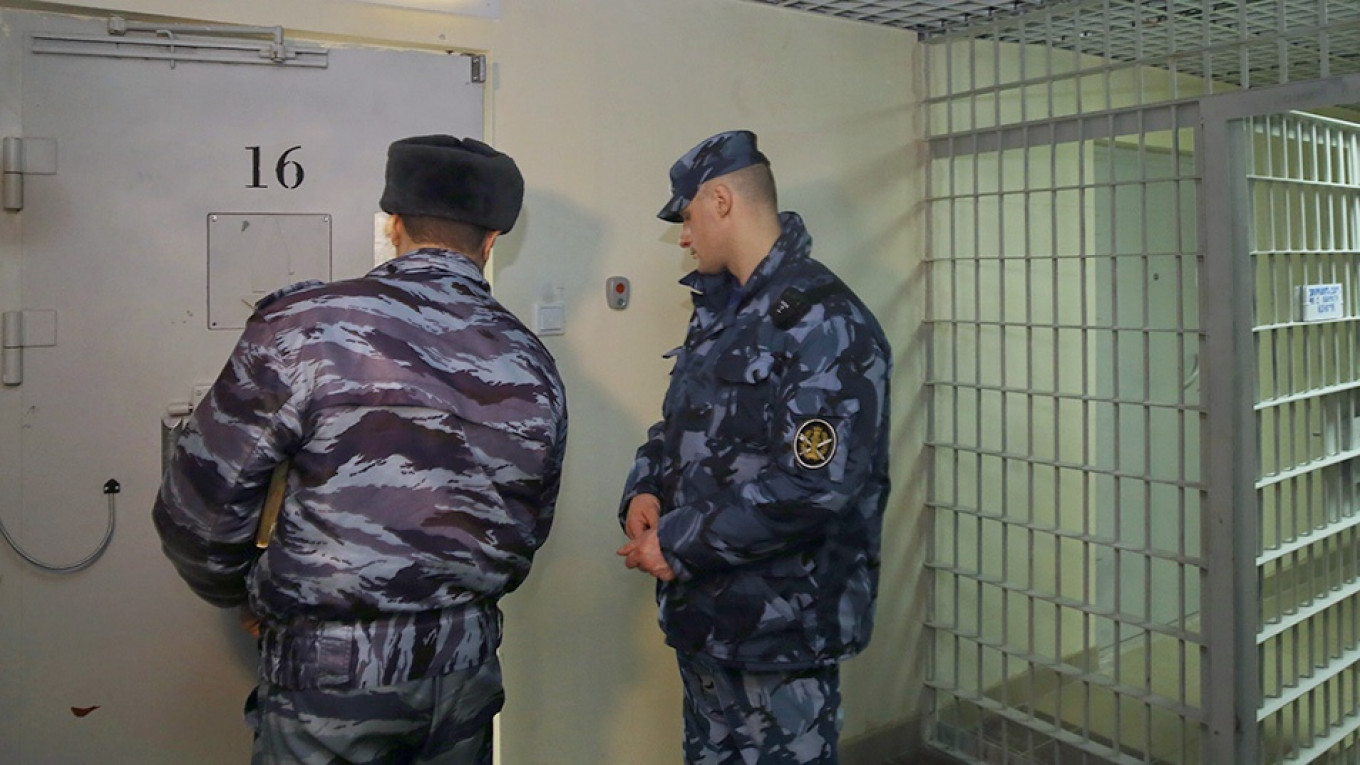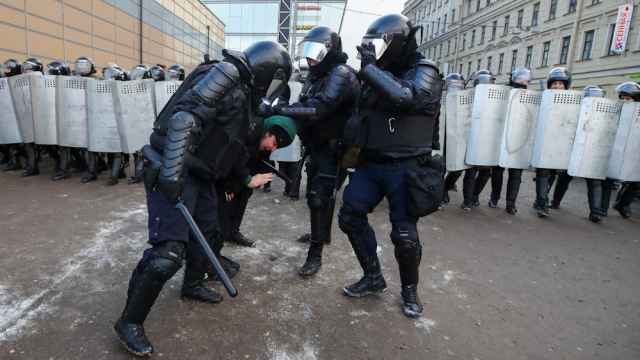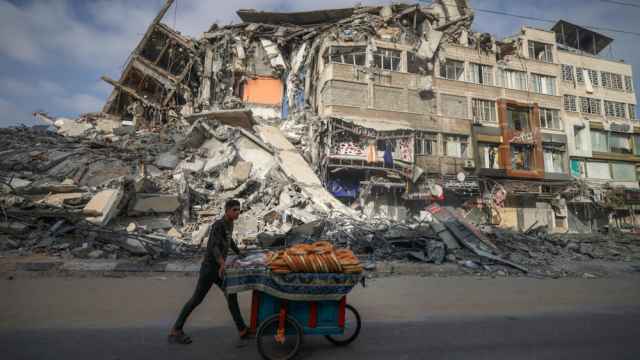UN human rights experts urged Russian officials to prosecute alleged widespread cases of torture including beatings, electric shocks or burial in snow at labor camps in Siberia.
Deputy justice minister Mikhail Galperin, leading Russia's delegation at a hearing of the UN Committee against Torture, said on Wednesday that strict rules governed the use of force in prisons.
"Each case where a detainee is harmed or if they in particular die as a result of physical force, special measures, or use of firearms, the prosecutor is informed within one day with supporting documentation," he said.
But Galperin gave no details of any officials prosecuted for torture at the start of the two-day examination of Russia's record. Russia will respond to detailed questions on Thursday.
Some 600,000 people are held in nearly 1,000 prisons and detention centres across Russia, with 4,000 deaths from various causes recorded each year, "one of the highest rates in the Council of Europe countries," panel chairman Jens Modvig said.
"There is no rule ensuring that punishment for torture corresponds to the seriousness of the crime," Modvig said. "This is more regrettable in that torture is practiced widely."
Russian authorities detained six prison guards on Monday, a few days after a video circulated online that showed at least 10 guards torturing and beating an inmate.
Modvig said the video raised questions about safety in the justice system. "The recording dates to June 2017 and shows a prisoner identified as Yevgeny Makarov being held down on a table and being beaten repeatedly on his legs and soles of his feet."
Modvig asked who was conducting the investigation and when it would be completed, and what authorities were doing to ensure the safety of Makarov's lawyer, who has fled the country.
Felice Gaer, an American panelist, sought guarantees that those responsible for Makarov's beating at a prison in the city of Yaroslavl northeast of Moscow would be brought to justice.
"How do we know that they will be properly prosecuted for torture when in other cases, such as with Sergei Magnitsky, the cases end in prosecution only of lower-level officials, or the prosecution is drawn out so that the statute of limitations expires, or persons are subjected solely to administrative or disciplinary fines?" Gaer asked.
The case of Magnitsky, a Russian lawyer who died in custody in 2009 after alleged beatings and denial of medical care, was "exemplary of non-action," she said.
A Message from The Moscow Times:
Dear readers,
We are facing unprecedented challenges. Russia's Prosecutor General's Office has designated The Moscow Times as an "undesirable" organization, criminalizing our work and putting our staff at risk of prosecution. This follows our earlier unjust labeling as a "foreign agent."
These actions are direct attempts to silence independent journalism in Russia. The authorities claim our work "discredits the decisions of the Russian leadership." We see things differently: we strive to provide accurate, unbiased reporting on Russia.
We, the journalists of The Moscow Times, refuse to be silenced. But to continue our work, we need your help.
Your support, no matter how small, makes a world of difference. If you can, please support us monthly starting from just $2. It's quick to set up, and every contribution makes a significant impact.
By supporting The Moscow Times, you're defending open, independent journalism in the face of repression. Thank you for standing with us.
Remind me later.






